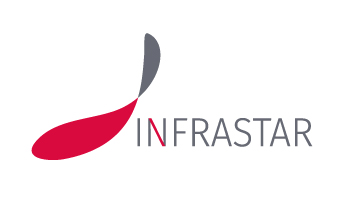Research Framework
INFRASTAR aims to develop knowledge, expertise and skill for optimal and reliable management of structures. The generic methodology will be applied to bridges and wind turbines in relation to fatigue offering the opportunity to deal with complementary notions (such as old and new asset management, unique and similar structures, wind and traffic actions) while addressing 3 major challenges:
1/ advanced modelling of concrete fatigue behaviour,
2/ new non destructive testing methods for early aged damage detection,
3/ probabilistic approach of structure reliability under fatigue.
Benefit of cross-experience and inter-disciplinary synergies will create new knowledge. INFRASTAR proposes innovative solutions for civil infrastructure asset management so that young scientists will acquire a high employment profile in close dialogue between industry and academic partners.
Modern engineering methods, including probabilistic approaches, risk and reliability assessment tools, will take into account the effective structural behaviour of existing bridges and wind turbines by exploiting monitored data. Existing methods and current state-of -the art is based on excessive conservatism which produces high costs and hinders sustainability.
INFRASTAR will improve knowledge for optimising the design of new structures, for more realistic verification of structural safety and more accurate prediction of future lifetime of the existing structures. That is a challenge for a sustainable development because it reduces building material and energy consumption as well as CO2 production.
Within the global framework of optimal infrastructure asset management, INFRASTAR will result in a multi-disciplinary body of knowledge covering generic problems from the design stage process of the new civil infrastructures up to recycling after dismantlement. This approach and the proposed methods and tools are new and will allow a step forward for innovative and effective process.
INFRASTAR includes
3 scientific Work Packages
And 2 non-scientific Work Packages
- Recruitment and Training policy
- Management, Dissemination, Outreach and Business opportunities

